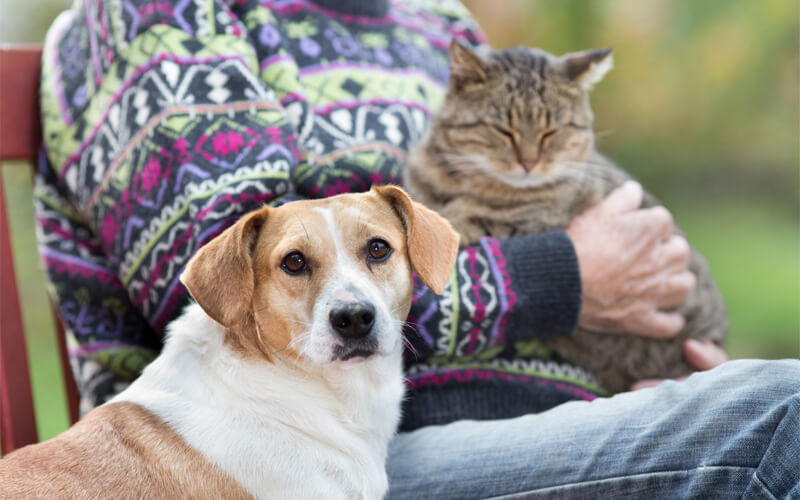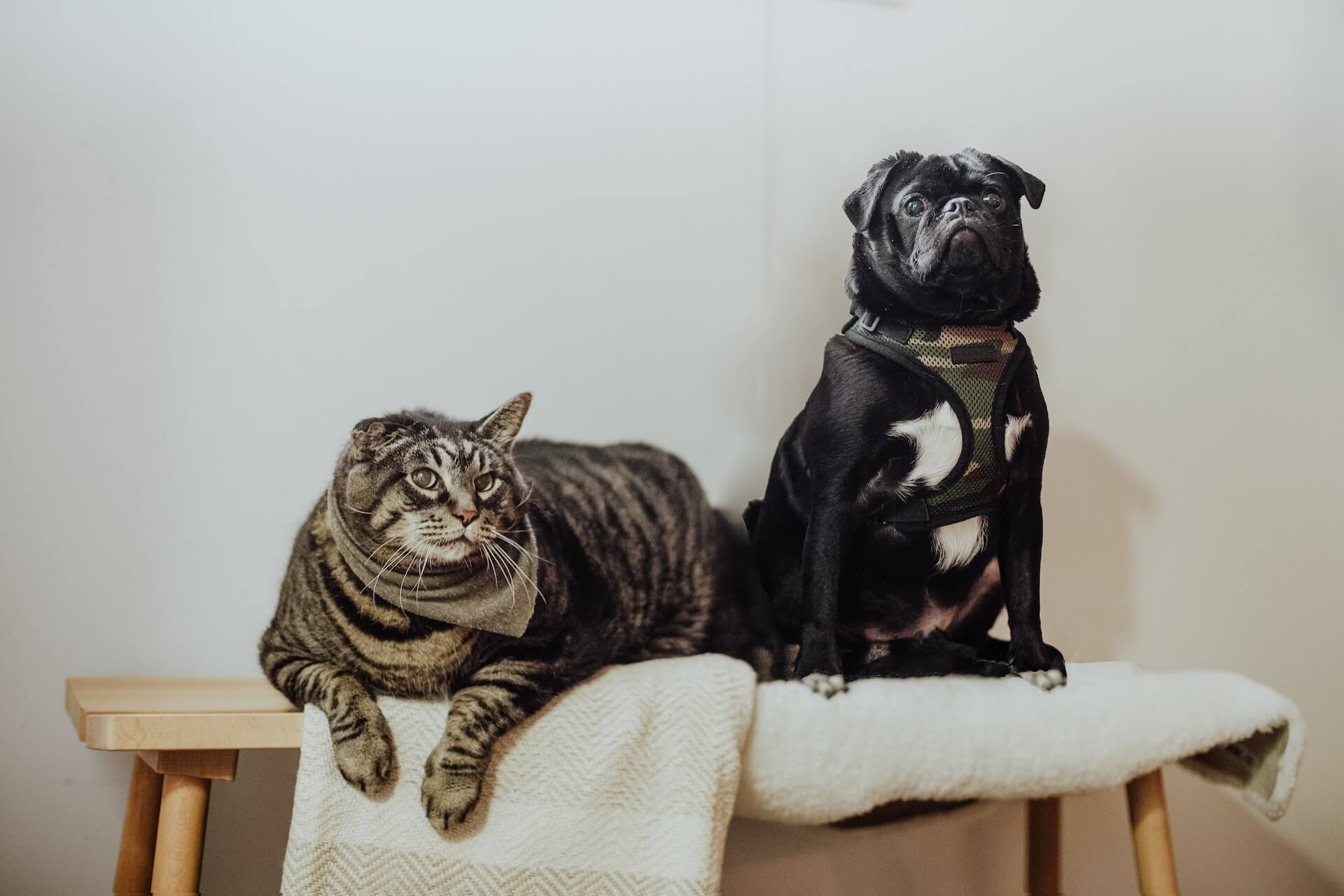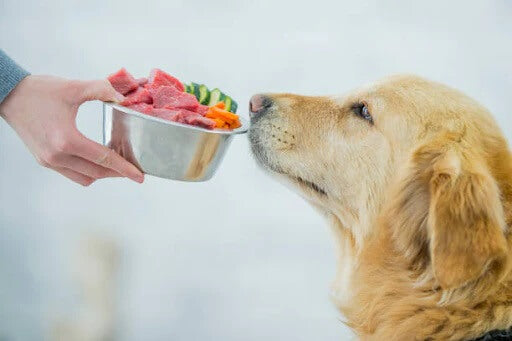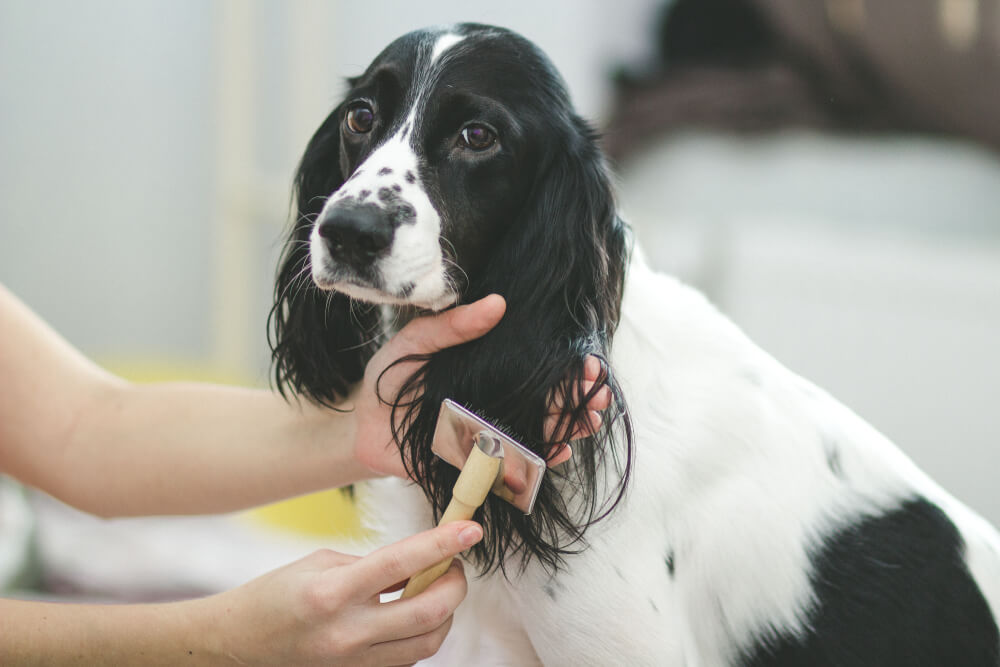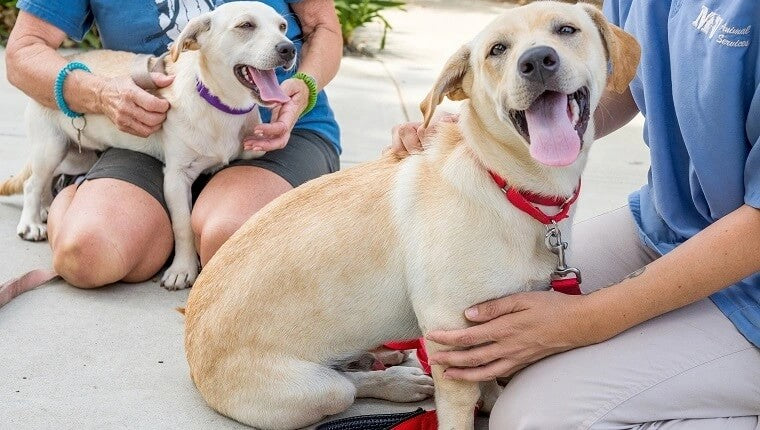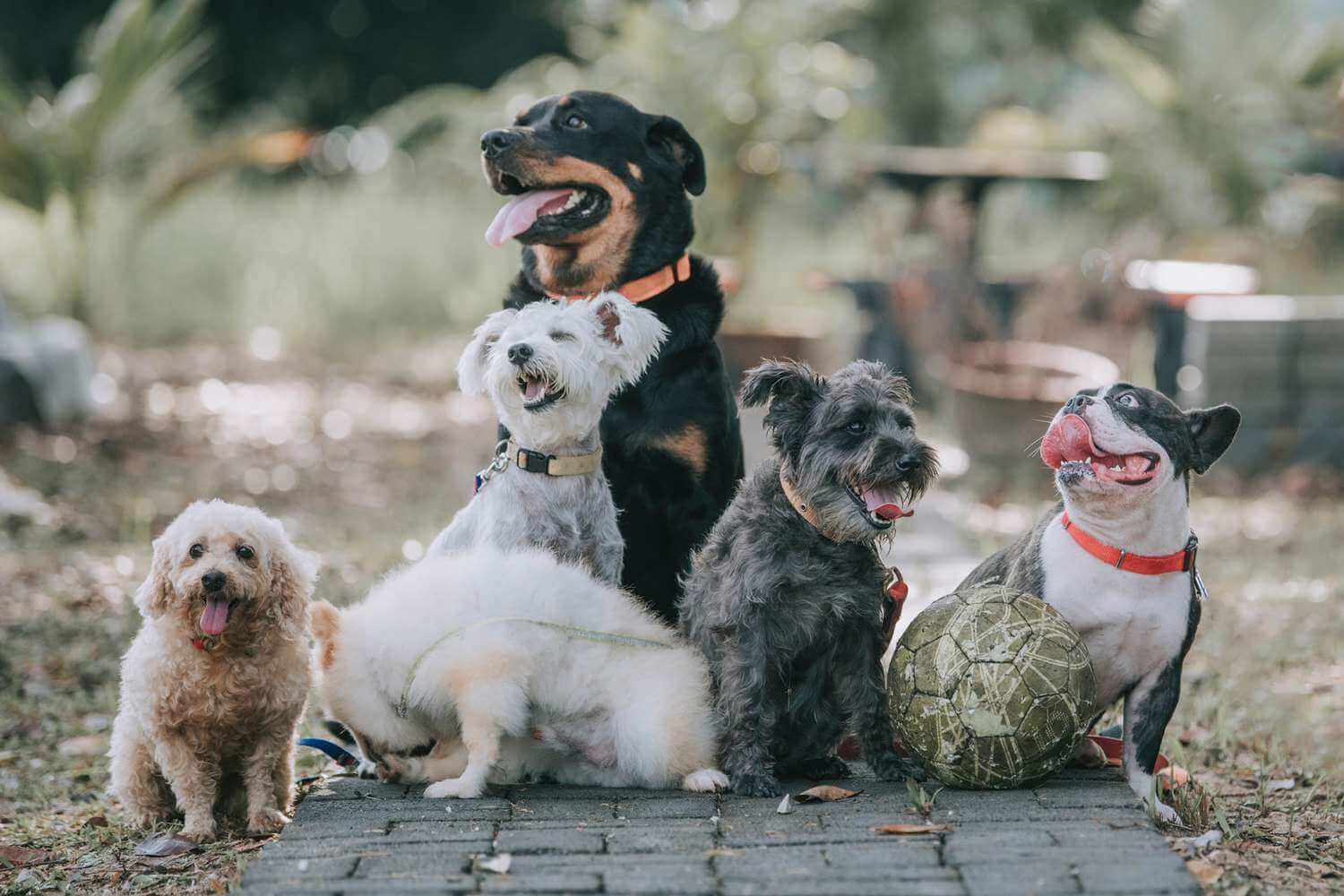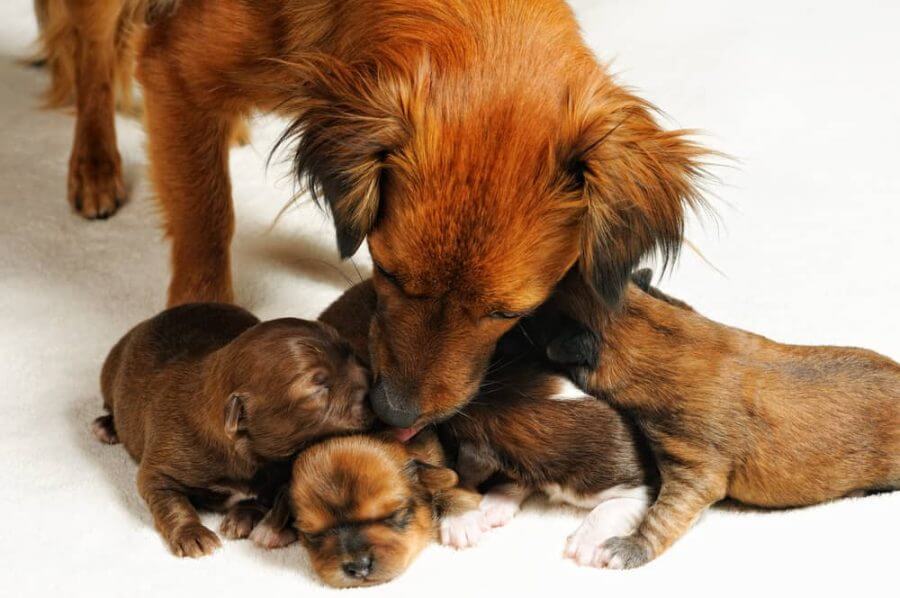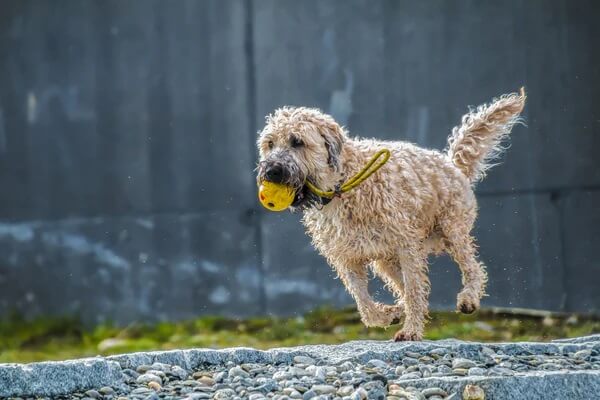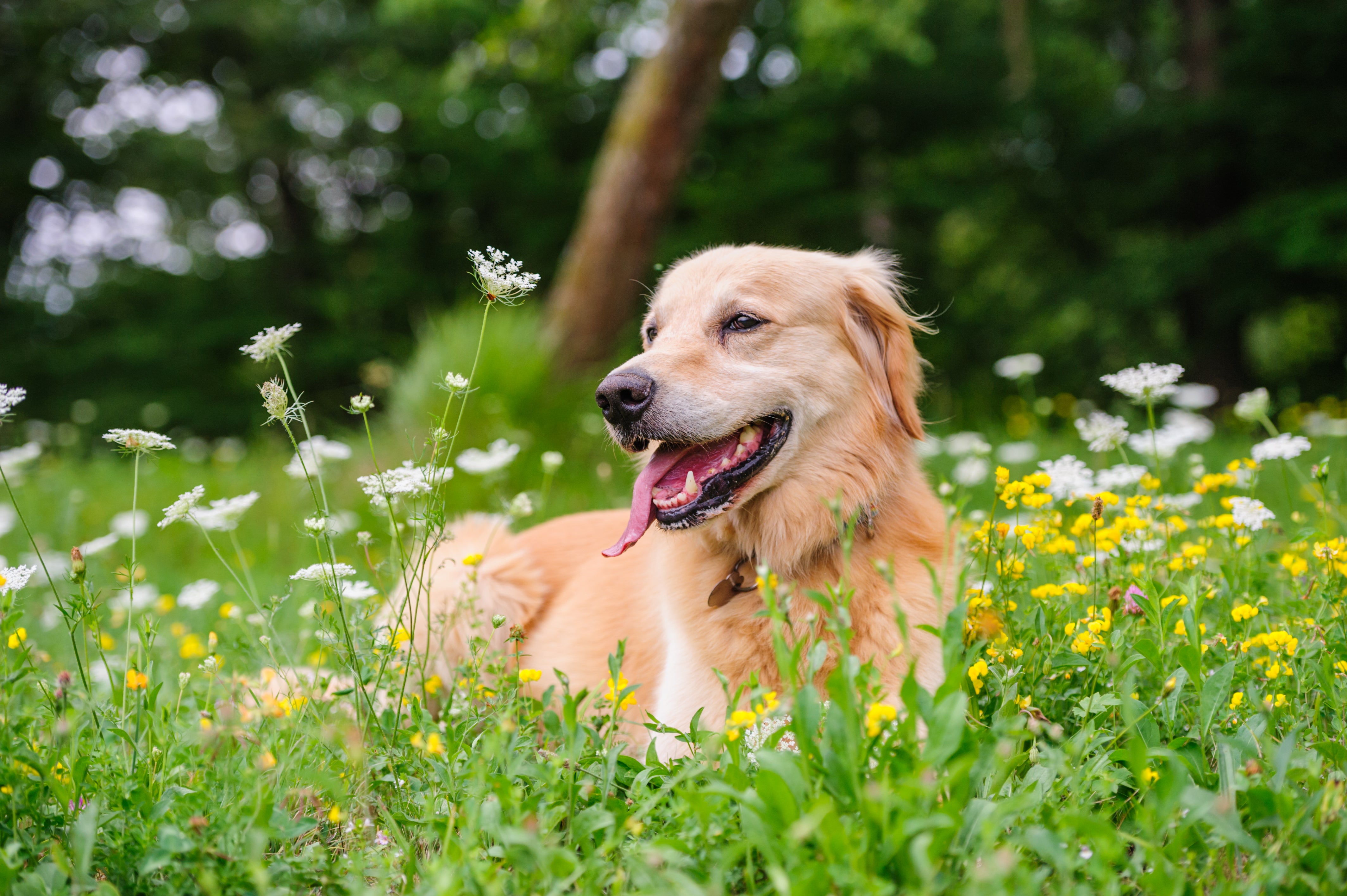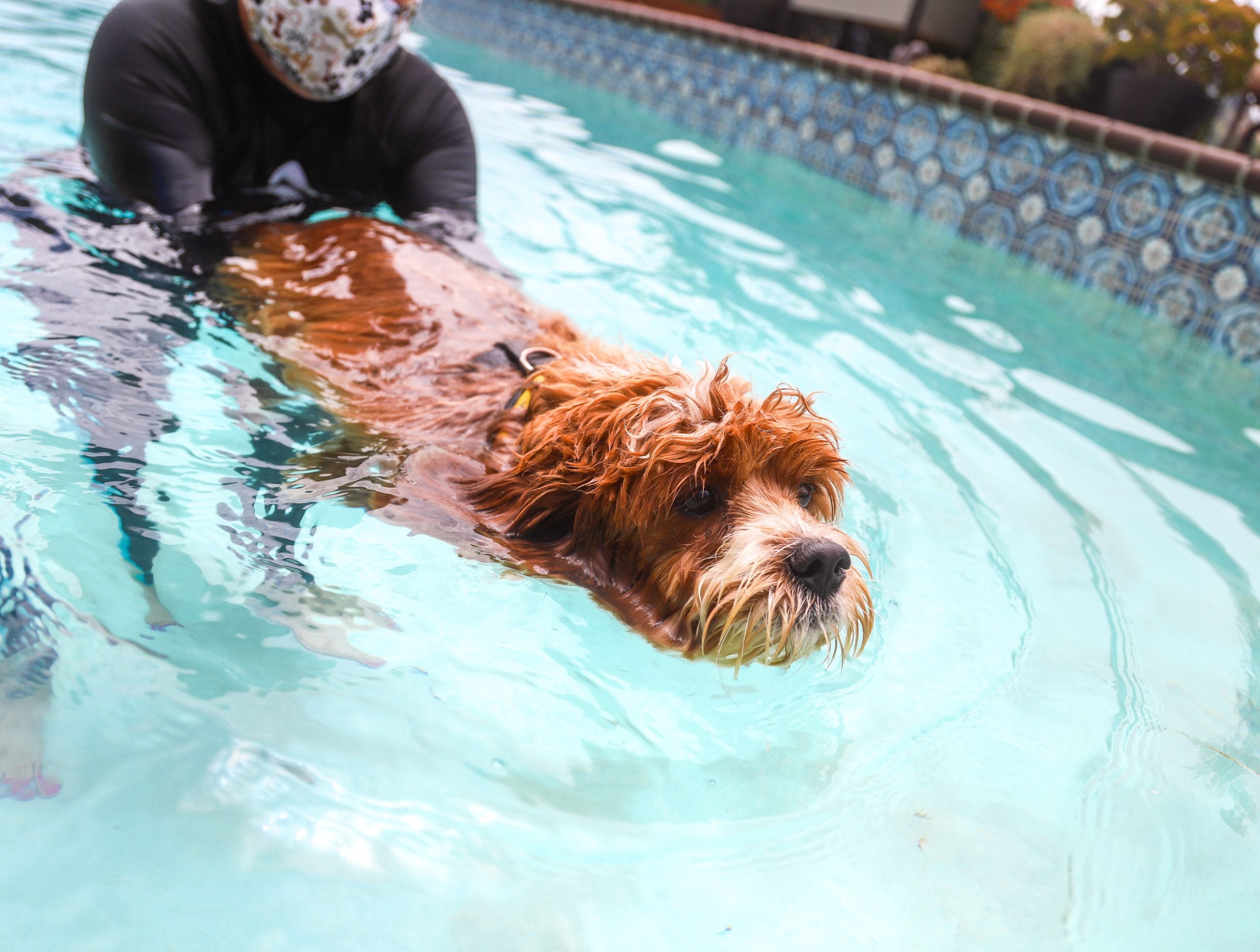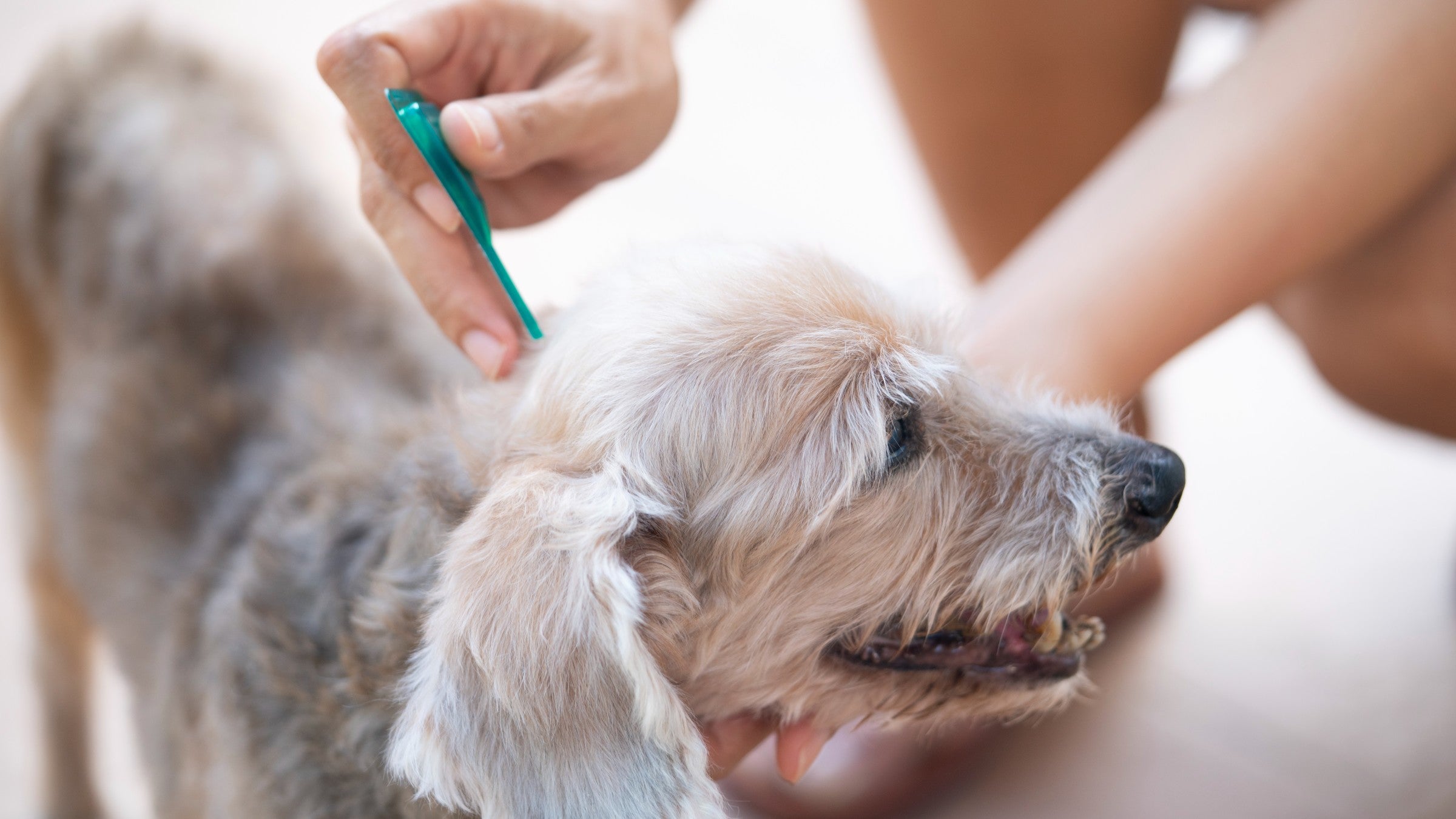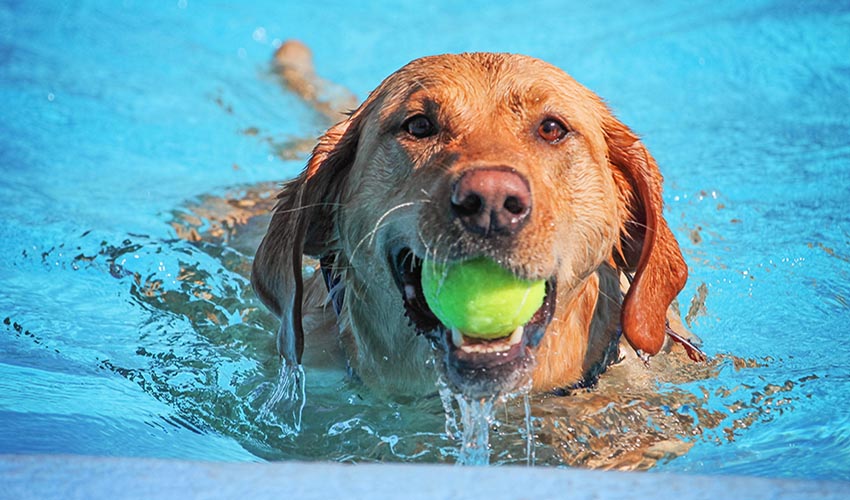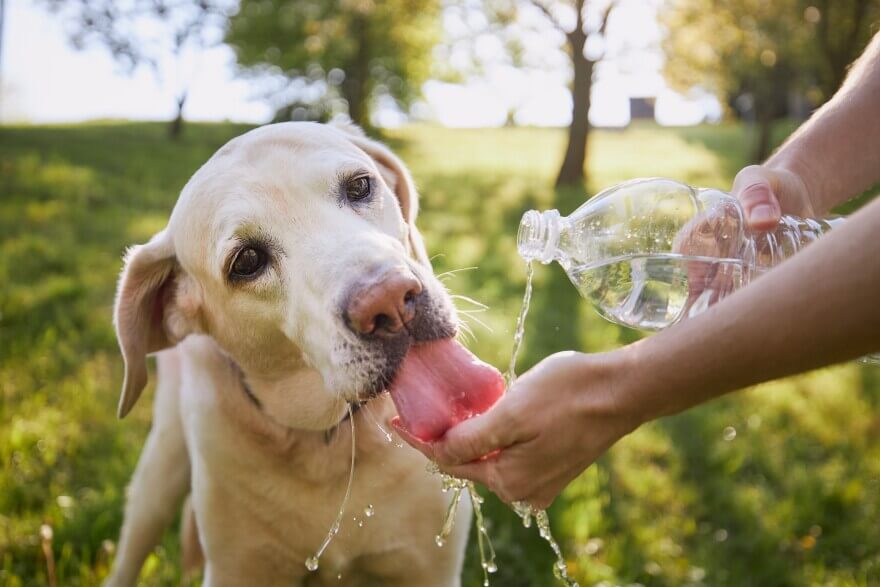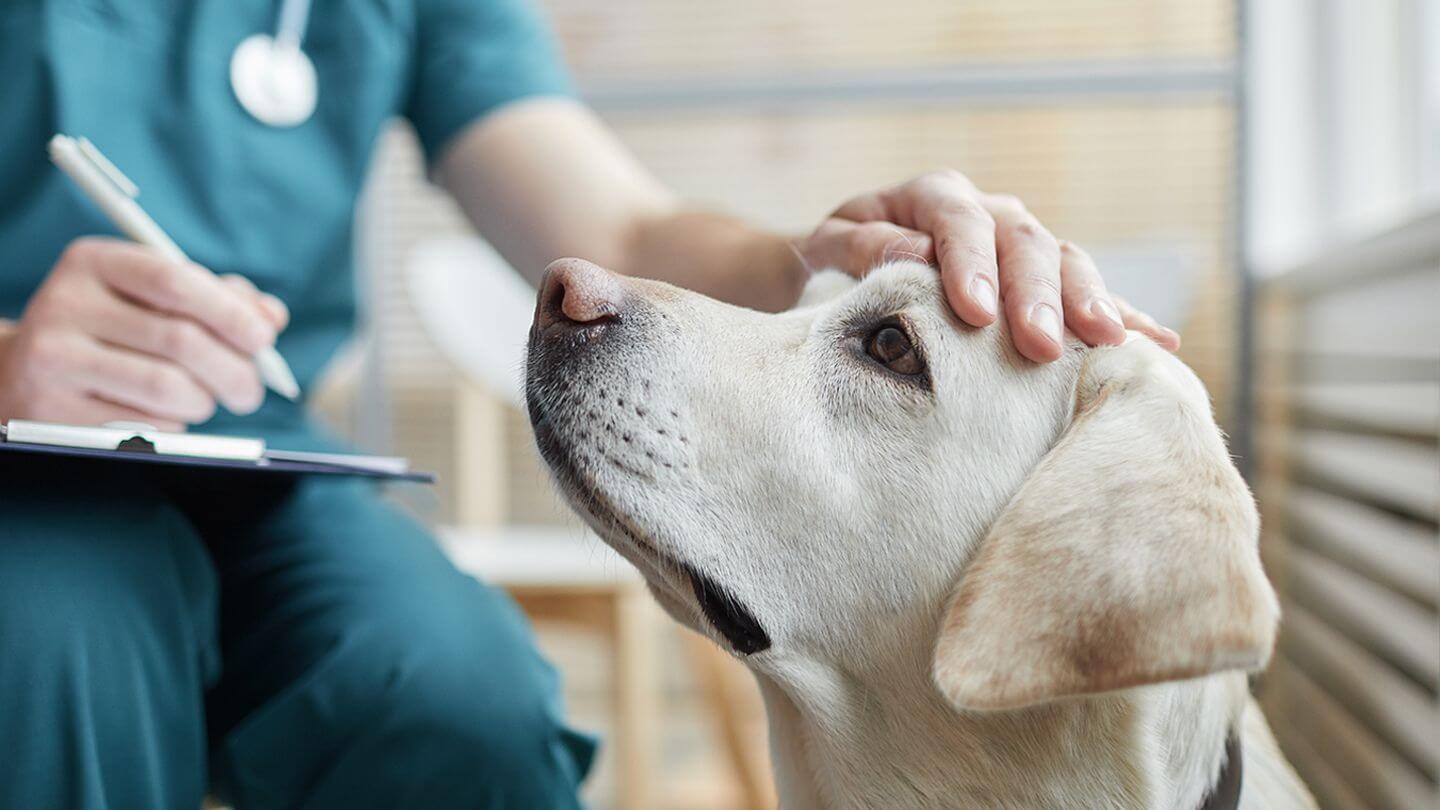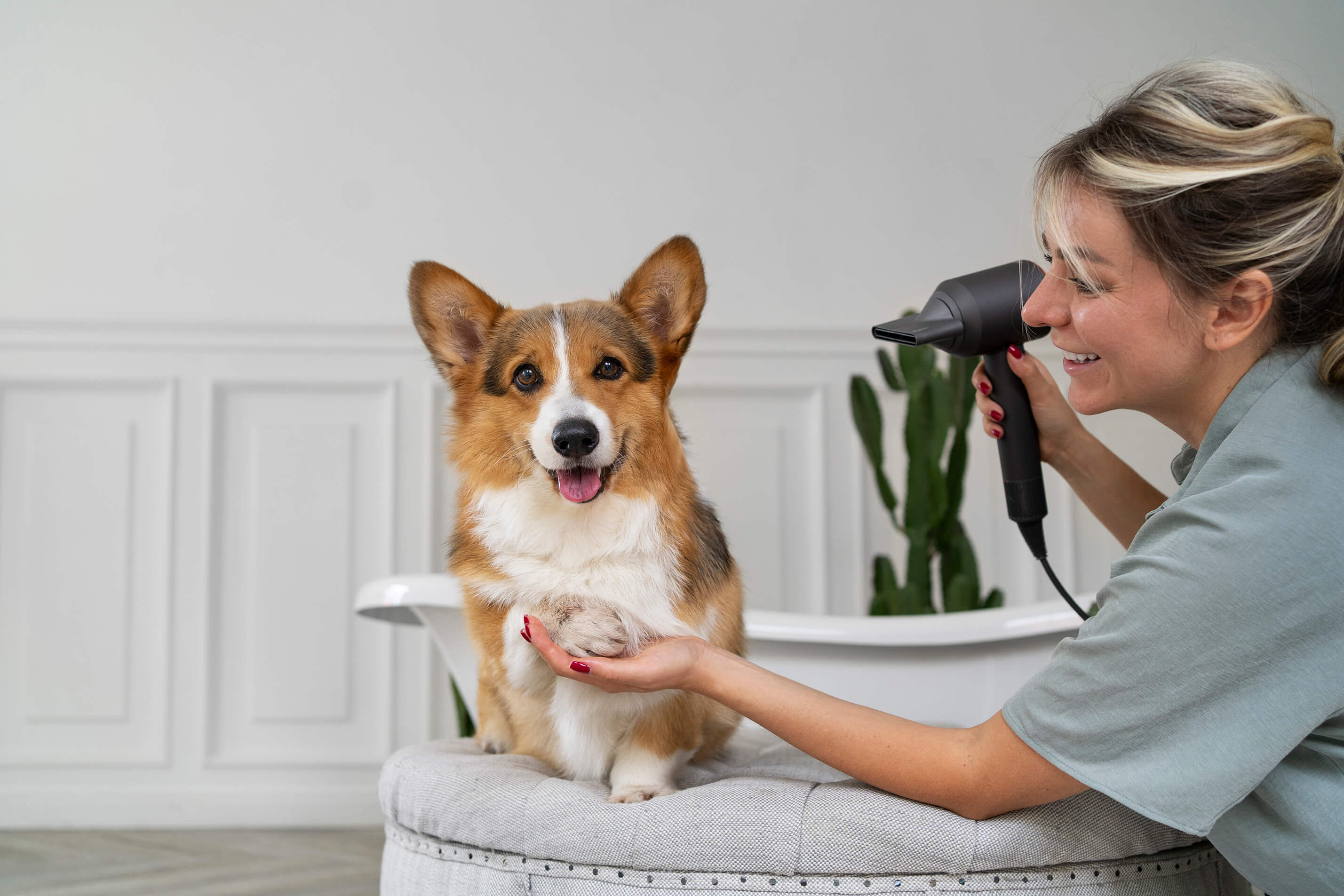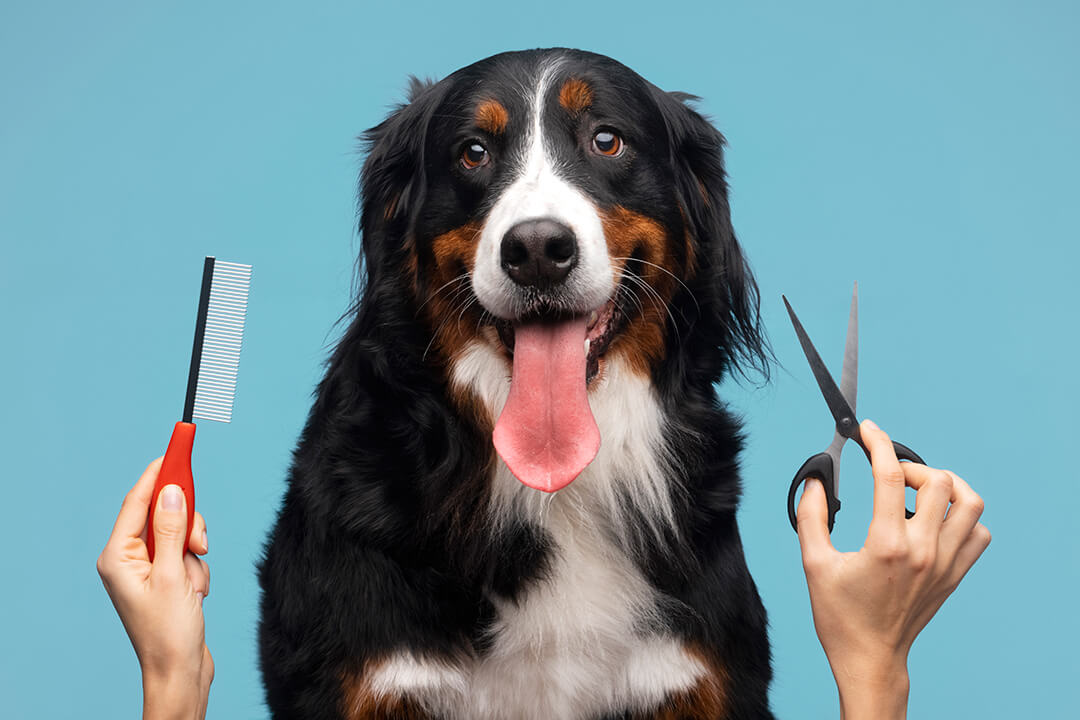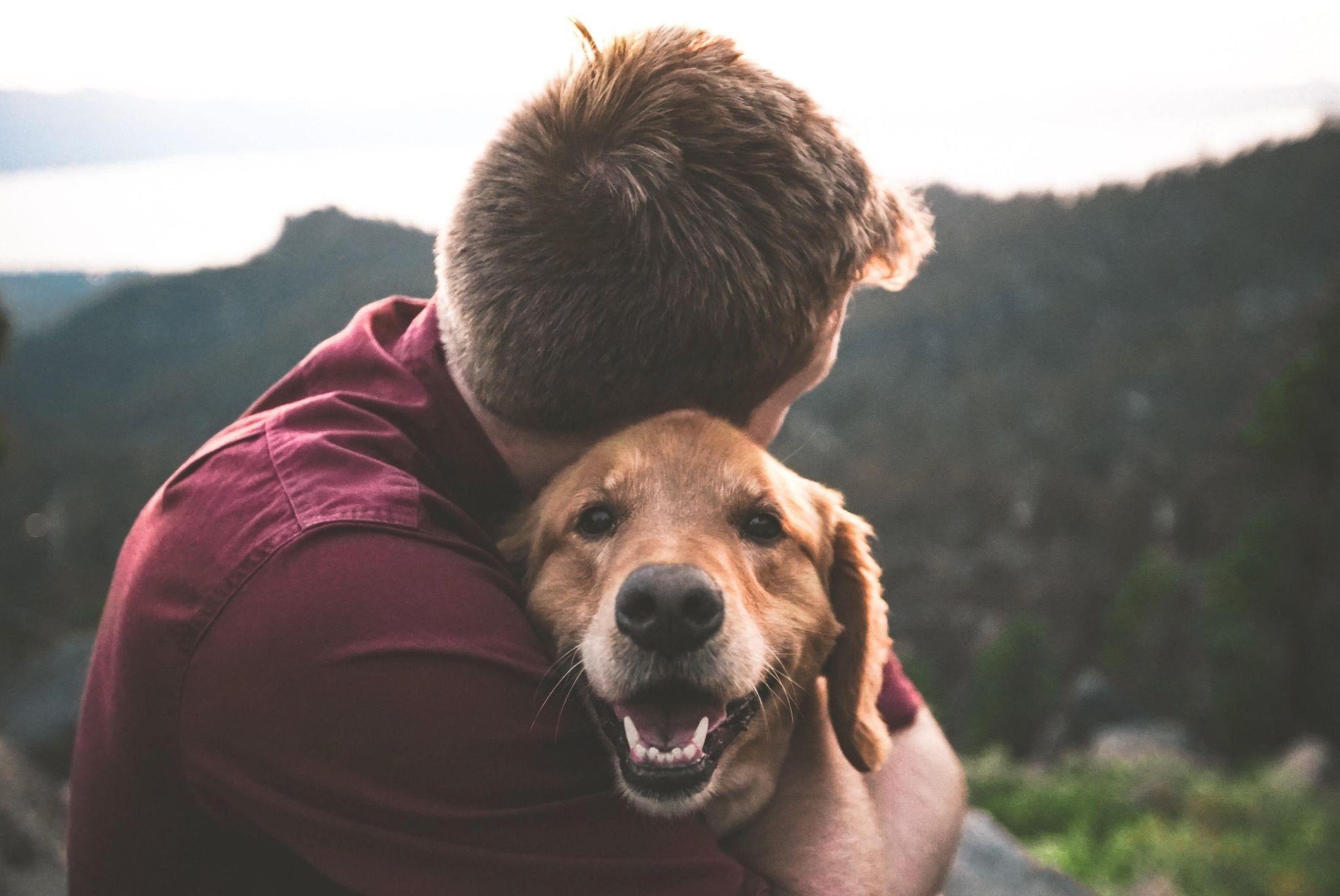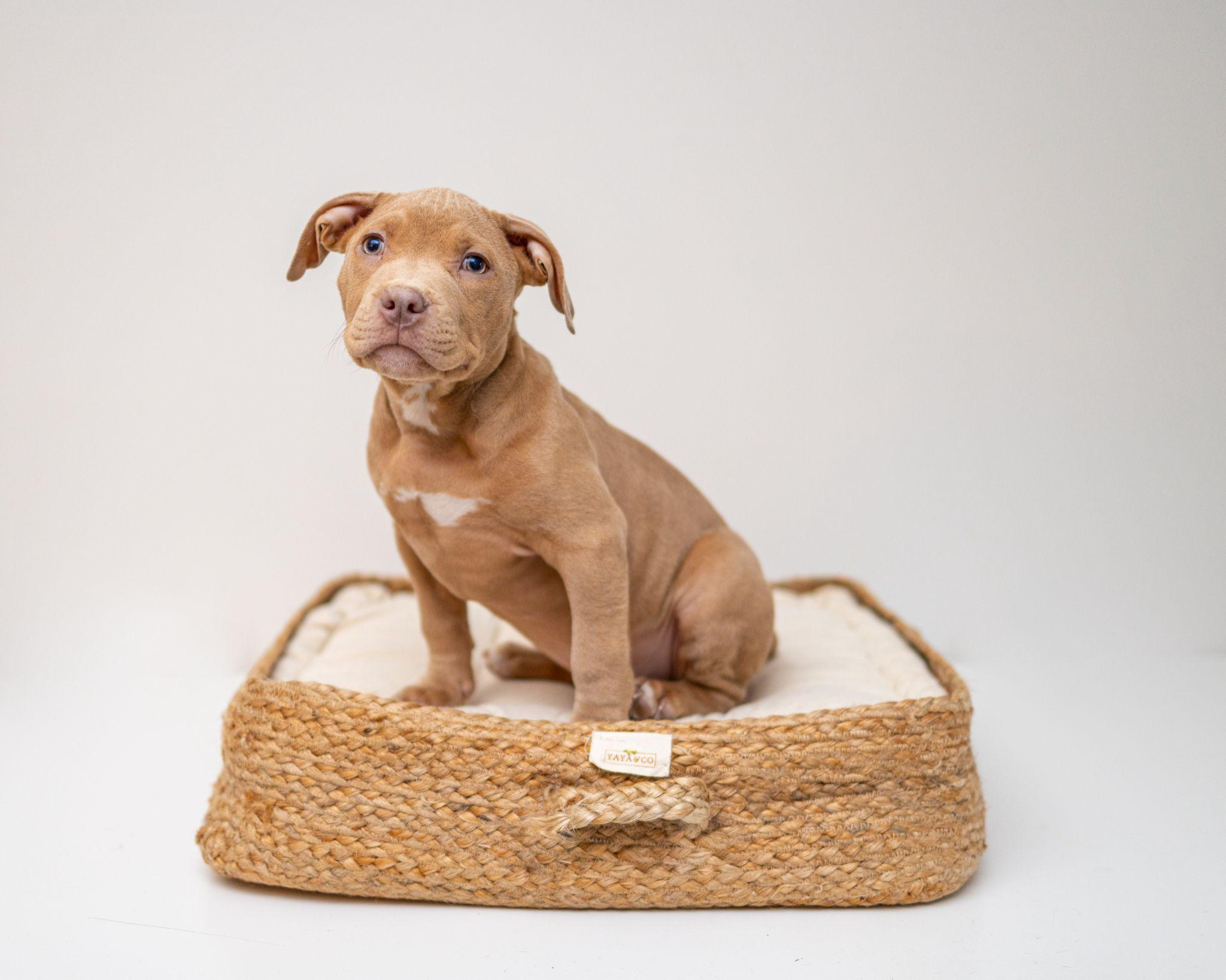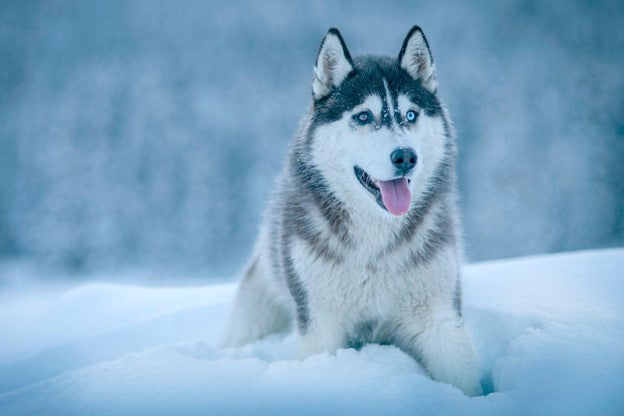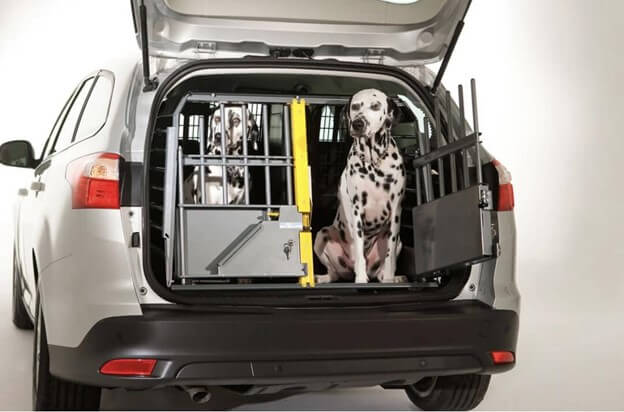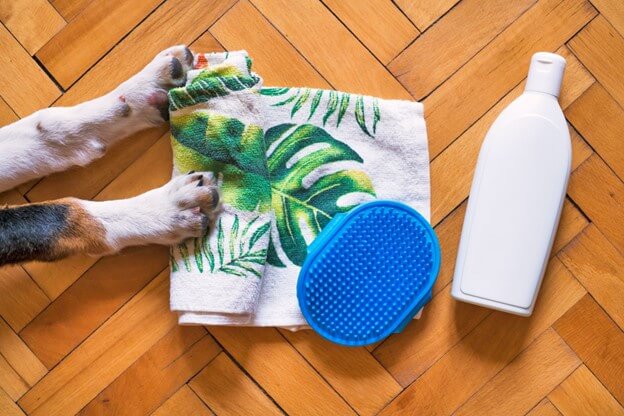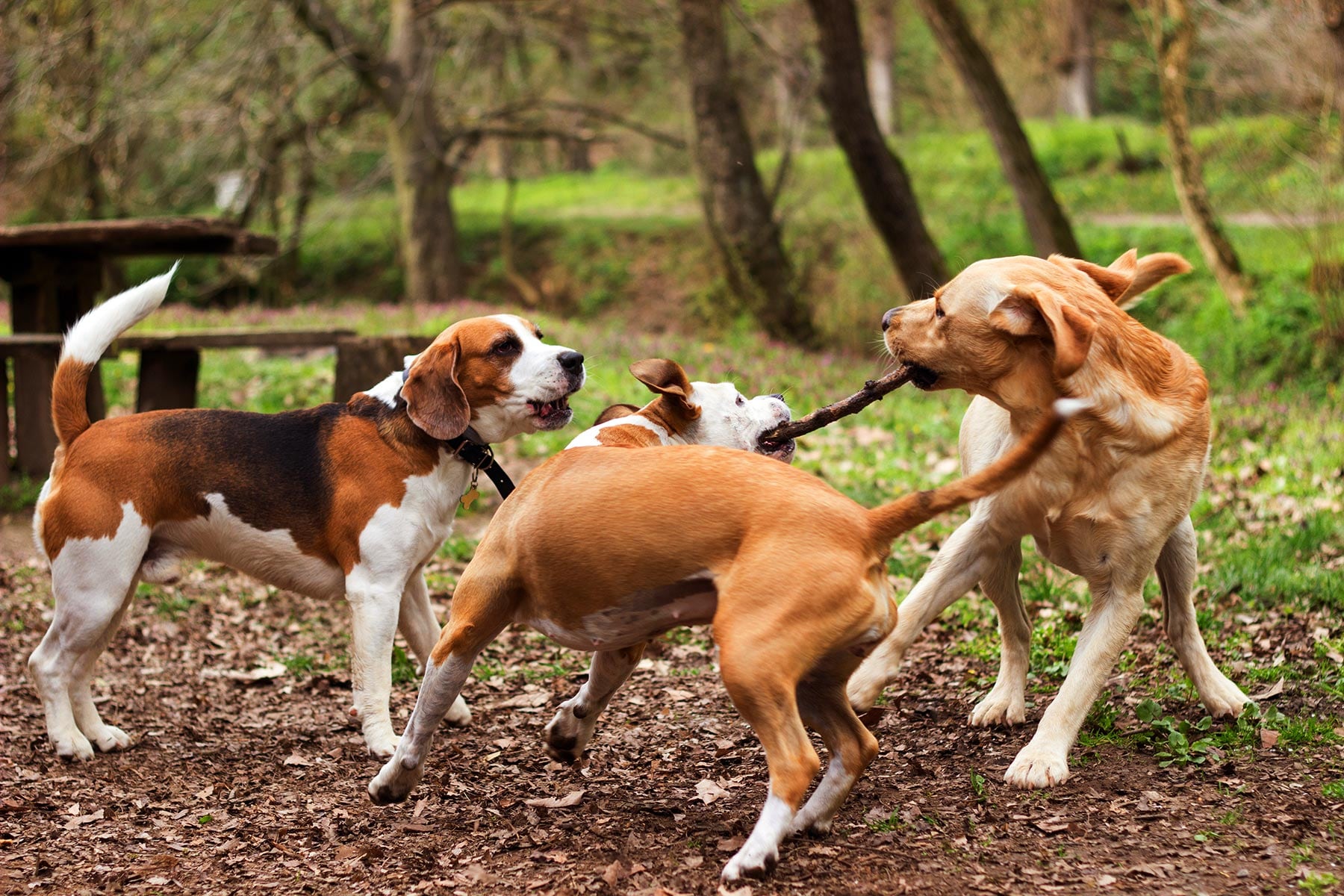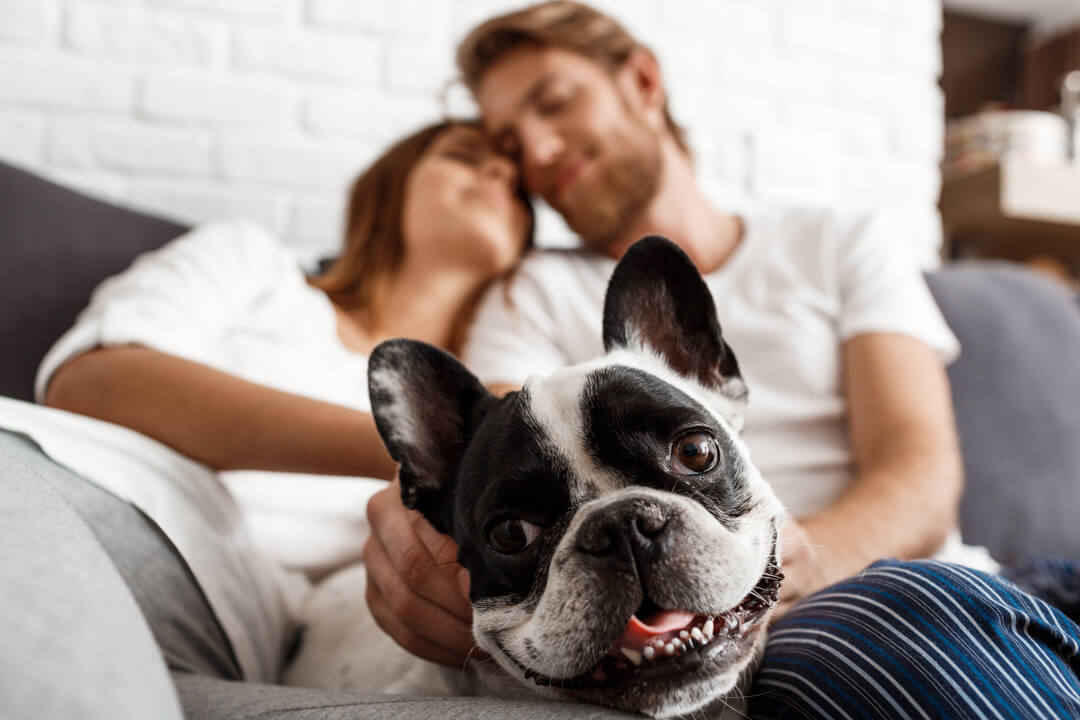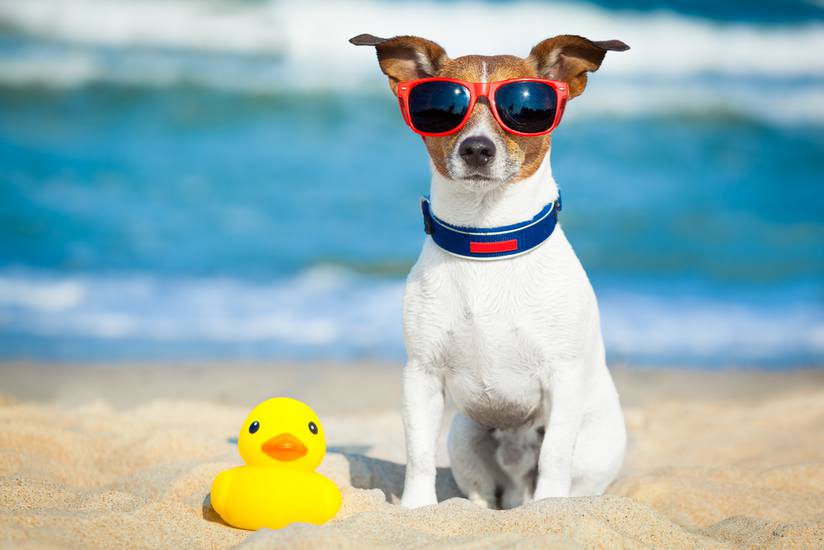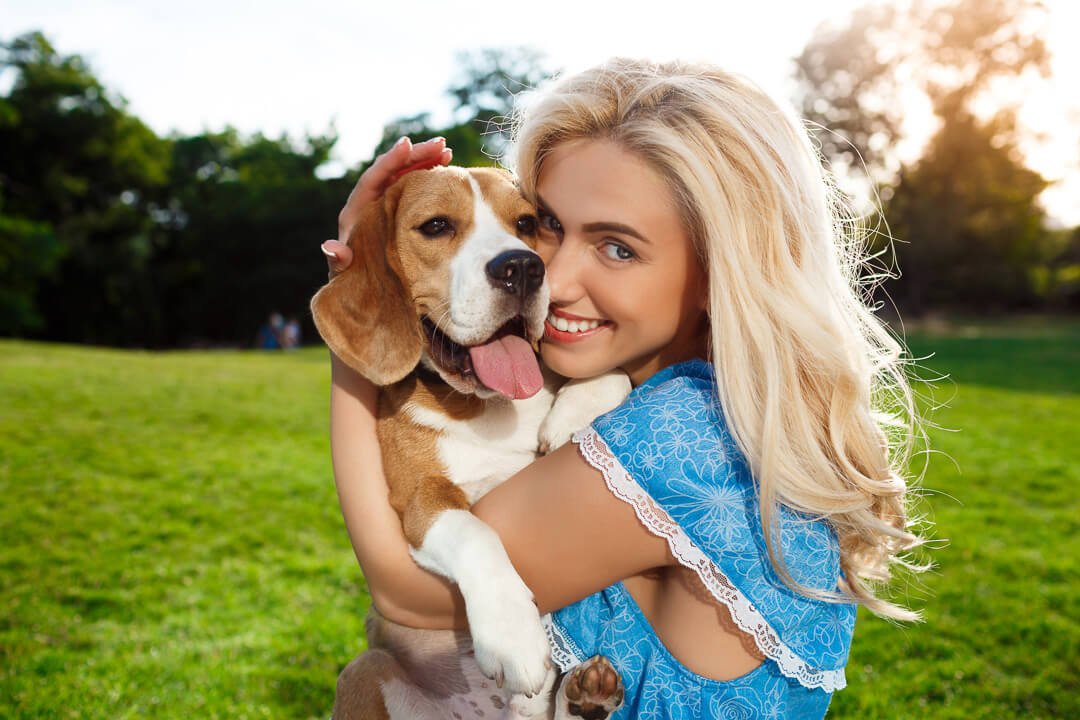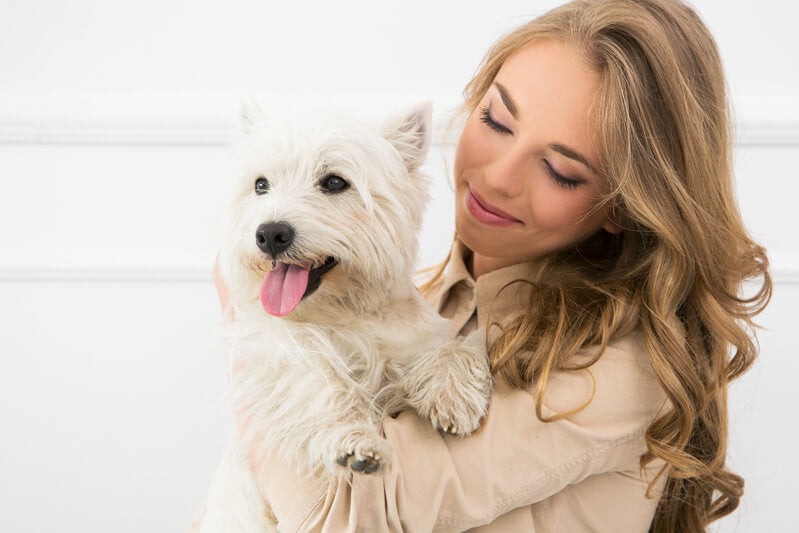
A Guide to Senior Pet Care: Understanding the Unique Needs of Aging Dogs and Cats
By Adeo Pets
As our beloved furry friends enter their golden years, their needs and requirements change. Just like humans, dogs and cats experience age-related changes that require special attention and care. In this comprehensive guide to senior pet care, we will explore the specific needs of aging dogs and cats. From health considerations and proper nutrition to exercise, mental stimulation, and veterinary care, we will provide valuable insights to help you ensure the comfort and well-being of your senior companions.
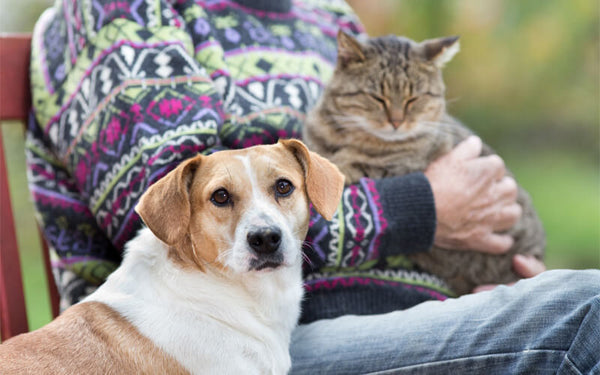
Health Considerations
As pets age, they become more susceptible to certain health conditions. It's important to monitor their health closely and schedule regular veterinary check-ups. This section will cover common age-related issues such as arthritis, dental disease, vision and hearing loss, and cognitive decline. We will discuss symptoms to watch for and offer tips on how to provide the best care for pets dealing with these conditions.
Nutrition for Senior Pets
Proper nutrition is crucial for the health and vitality of senior pets. As they age, their dietary requirements change, and adjustments to their diet may be necessary. This section will delve into the importance of a balanced and age-appropriate diet, including considerations for weight management, joint health, and digestive sensitivities. We will provide guidance on selecting high-quality senior pet foods and discuss the benefits of incorporating supplements for joint support and overall well-being.
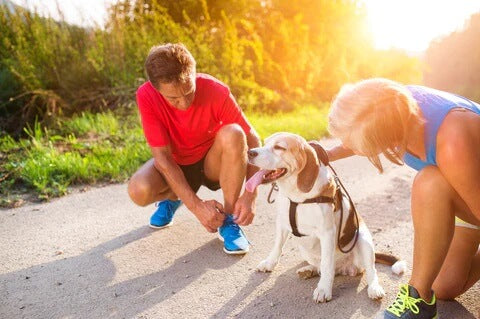
Exercise and Physical Activity
Regular exercise remains vital for senior pets to maintain muscle tone, joint flexibility, and overall mobility. However, it's essential to adapt their exercise routines to accommodate their changing needs. This section will explore low-impact exercises and activities that promote fitness without straining their aging bodies. We will discuss the importance of warm-up exercises, gentle walks, and interactive playtime tailored to their energy levels and physical limitations.
Mental Stimulation
Keeping senior pets mentally stimulated is just as important as physical exercise. This section will provide ideas and tips for engaging their minds, such as puzzle toys, treat-dispensing games, and interactive play. We will emphasize the importance of mental enrichment to prevent cognitive decline and promote overall mental well-being.
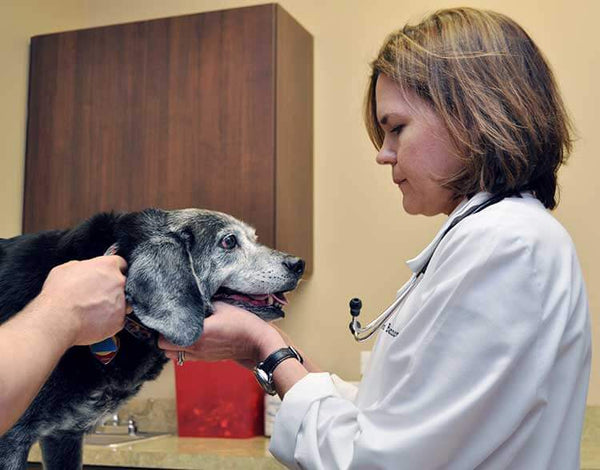
Veterinary Care
Regular veterinary care becomes increasingly important as pets age. This section will discuss the importance of scheduling routine check-ups, vaccinations, and screenings tailored to senior pets' specific needs. We will explore the benefits of preventive care, dental hygiene, and early detection of age-related health issues. It will also touch upon the importance of open communication with your veterinarian to address any concerns or changes in your senior pet's behavior or health.
Creating a Senior-Friendly Environment
Adapting your home environment to meet the needs of senior pets is crucial for their safety and comfort. This section will offer practical tips for creating a senior-friendly living space, including providing soft bedding, easy access to food and water, and minimizing hazards such as slippery surfaces or stairs. We will also discuss the importance of maintaining a consistent routine and offering a comforting environment for aging pets.
Conclusion
Caring for aging dogs and cats requires understanding and adapting to their unique needs. By providing appropriate health care, nutrition, exercise, mental stimulation, and a senior-friendly environment, you can help your beloved pets enjoy their golden years to the fullest. Remember, senior pet care is a labor of love, and with your attention and care, you can provide them with a comfortable and fulfilling life as cherished members of your family.
- Mar 01, 2024
- in Pet Blog



